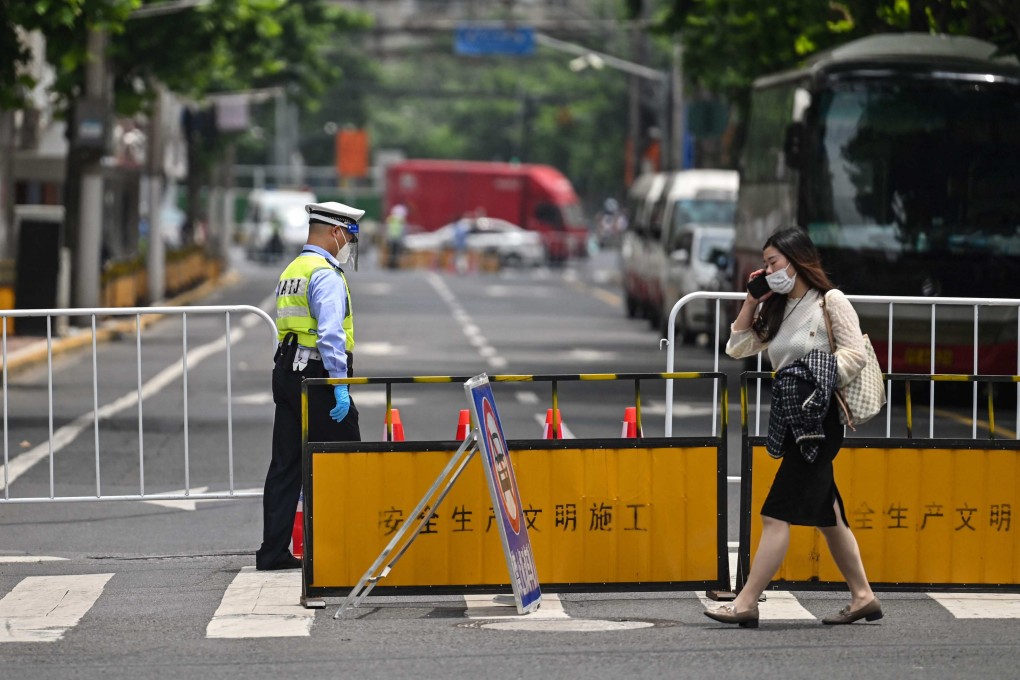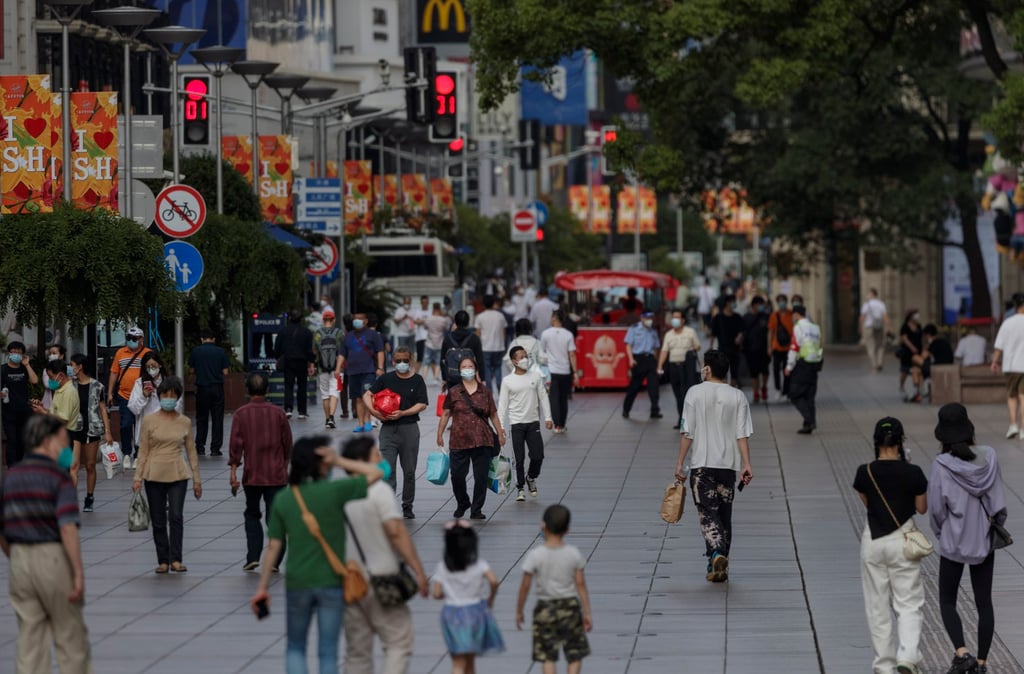China Briefing | China must switch from mass testing to vaccinations to move on from its wasteful zero-Covid policy
- Less than half of China’s over-80s are double jabbed, yet little is being done on a national level to encourage the most vulnerable in society to get vaccinated
- Instead, the government seems intent on making mass testing, aggressive contact tracing and virus suppression a permanent feature of daily life

After two months of anger, frustration and economic loss, China’s financial and manufacturing hub of Shanghai finally began to exit its draconian Covid-19 lockdown on Wednesday. Relieved residents had their freedom back, but have nevertheless been left to count the cost – as the authorities remain steadfastly unapologetic.
The municipal government did issue a “thank you letter” this week to the city’s 25 million residents, in which it promised to do its best to restore normal life and help recover losses. There was no apology for the hardships caused, however.
China’s leaders presumably feel vindicated that their zero-Covid policy – with all the mass testing, quarantines, aggressive contact tracing and expensive lockdowns that entails – has triumphed yet again.

But the Shanghai saga has clearly shown that this costly strategy is no longer socially or economically sustainable and needs to be optimised, no matter how well the whatever-it-takes-approach may have served China in the past. Public sentiment on the virus, and the government’s plans for dealing with it, have shifted significantly.
Unfortunately, any public discussion of this topic is now a political taboo, as the leadership attributes the success of its virus suppression policy to the institutional strength of the Communist Party’s authoritarian model of governance.
At a meeting in early May, in fact, China’s top leaders made it clear that they “would resolutely fight” any attempt to “distort, question or dismiss China’s anti-Covid policy”.
